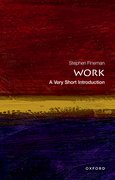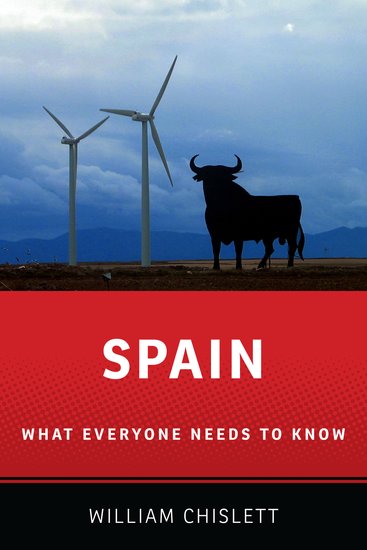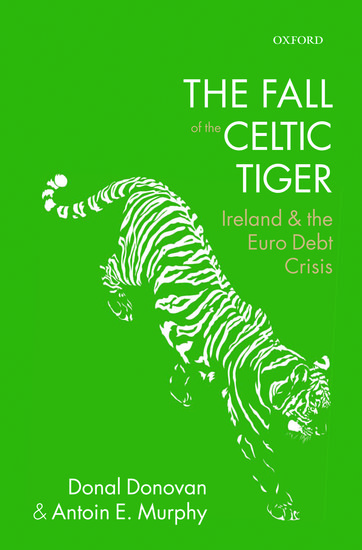Five important facts about the Irish economy
By Donal Donovan
After many years of extraordinary success the dramatic collapse of the Irish economy in 2008 was unprecedented in the history of post-war industrial countries. Who and what was responsible for the demise of the poster boy “Celtic Tiger?” What lessons can be learned form the Irish debacle and can the Tiger come roaring back?






